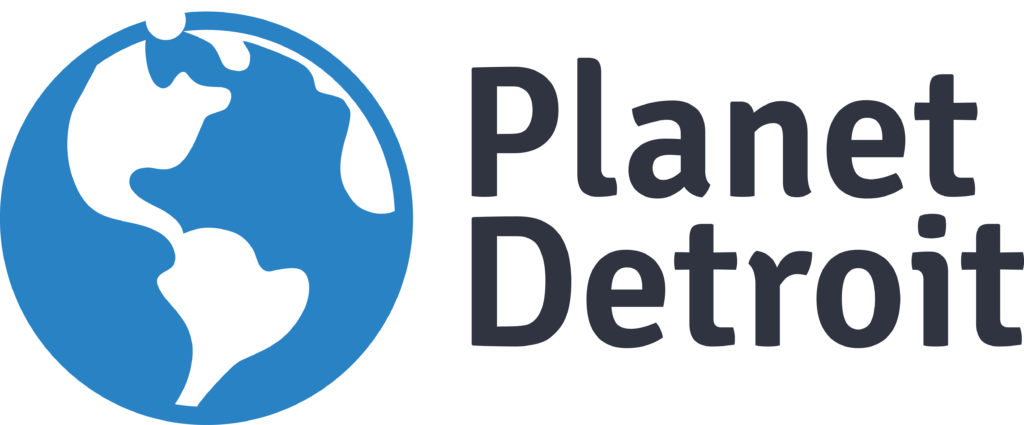
The Detroit Economic Growth Corporation is bringing back a program aimed at increasing fresh food access for Detroiters, 65% of whom experience difficulties with consistently accessing healthy and affordable groceries.
The city’s lack of grocery stores is partly the issue: Between 2017 and 2022, Detroit lost 10 full-line grocery stores, leaving 64. The Detroit Food Policy Council recommends having 30,000 square feet of grocery available for every 10,000 people. According to the latest food policy report, Detroit is 90% of the way to the goal.
The new iteration of the Green Grocer Project will focus more on supporting walkable, neighborhood grocery shopping options versus supporting larger grocers. The program aims to assist, at minimum, eight small grocery stores in Detroit’s neighborhoods over two years through financial grants of up to $25,000 to open, or to provide existing stores with resources to offer fresh food. The program also aims to provide loans to four grocery stores.
Kevin Johnson, President and CEO of the Detroit Economic Growth Corporation (DEGC), said it shows the nonprofit’s commitment to growing Detroit’s economy equitably.
“When we assist local entrepreneurs in opening grocery stores right in the neighborhoods they know best, it empowers residents to meet essential needs while creating new jobs,” he said in a press release Thursday. Assistance could include marketing, merchandising/display, product sourcing, supplier relationships, product handling and storage, store design and layout, customer service, fresh food requirements/compliance, food rescue, digital literacy, and sustainability.
The Green Grocer Project was started in 2010 and ran through 2017. It provided more than $1 million for facade improvement and technical assistance grants for 35 grocery stores and contributed to creating 115 new jobs, according to the DEGC.
The program is being re-launched at the request of the City Council, with a budget of $525,000 from the City of Detroit.
“I’m really excited that they’ve decided to fund the program again and put a focus back on grocery stores…especially as we’ve just continued to see these stores close,” said Alex B. Hill, who has been tracking the number of grocery stores in Detroit and food access for years as the founder of the Detroit Food Map Initiative.
As the stores closed, they were replaced by dollar stores, which have limited fresh food options—noting that despite the past Green Grocer program the closest food retail options for Detroiters often continue to be places like dollar, convenience and liquor stores and gas stations, the DEGC is focusing on helping them offer more fresh options.
Hill said that the new iteration of the program’s focus on supporting smaller grocery stores could hopefully lead to more healthy options throughout the city.
Detroit City Councilman At-Large Coleman A. Young II said that grocery stores are ‘absolutely vital’ in Detroit, with high food insecurity rates -65%- and the city previously considered a ‘food desert.’ The United States Department of Agriculture defines a ‘food desert’ based on a census tract with a high poverty rate and the proportion of residents living more than a mile from a grocery store.
Sources: USDA, Alex B. Hill
Young II said the program will help Detroit become a “food oasis” by building food security “neighborhood by neighborhood.”
To be eligible for assistance, applicants must meet the following requirements:
- Registered for-profit business with a Detroit address in good standing with the State of Michigan and City of Detroit
- Small format specialty stores (1,500 – 5,000 sq. ft.) that increase groceries and fresh foods to over 15% of selling space
- Mixed market community stores (3,000 – 15,000 sq. ft.) that increase fresh produce, meat, dairy, specialty, organic or other alternatively sourced product
- New construction (over 10,000 sq. ft) with fresh produce, meat and dairy
- Alternative format stores with a preponderance of fresh food
Applications for the next round of grants are now open. Awards will be disbursed on a rolling basis. In the future, the program will also offer loan financing through the U.S. Department of Housing and Urban Development Community Development Block Grant Funds.
Learn more and apply at degc.org.

